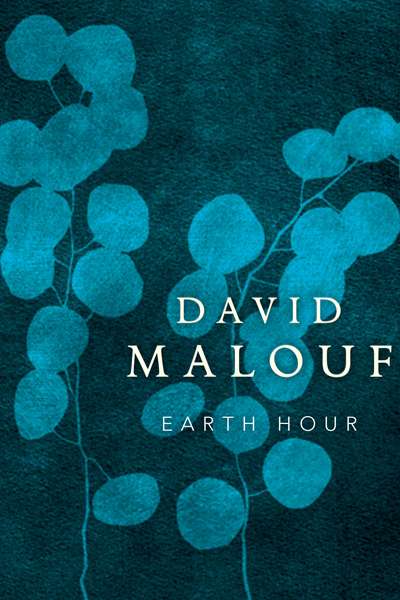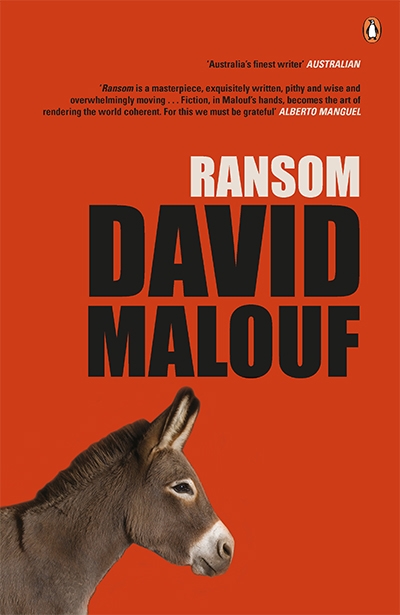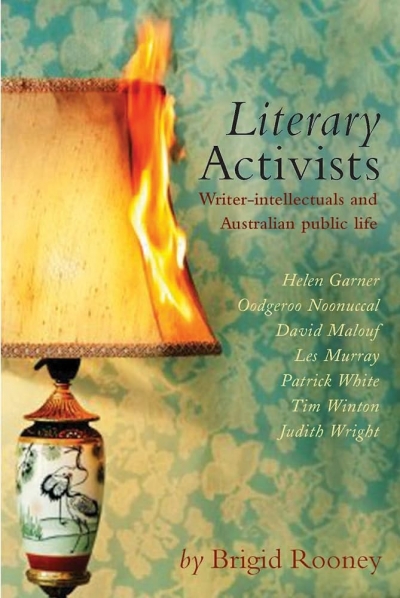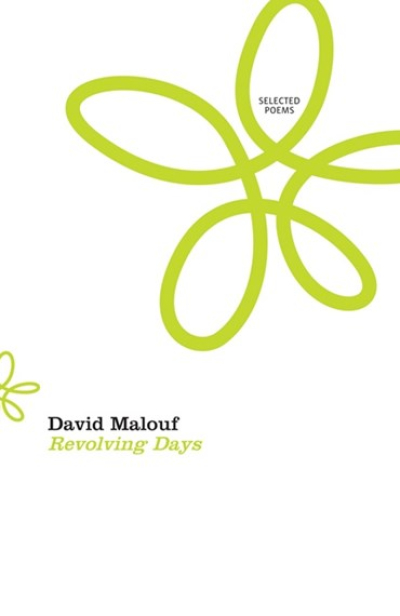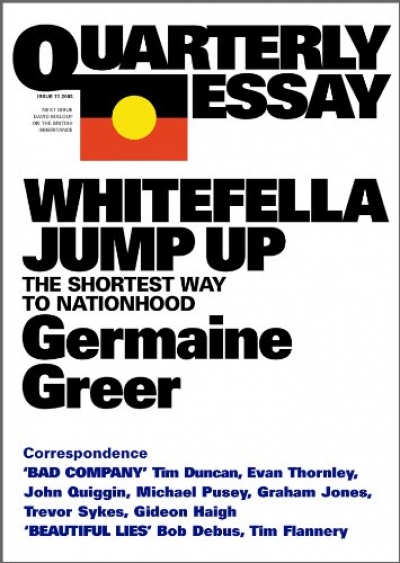Accessibility Tools
- Content scaling 100%
- Font size 100%
- Line height 100%
- Letter spacing 100%
David Malouf
Patronage and ABR
Private philanthropy has never been more important for the arts, as costs (and expectations) rise, and as traditional sources of funding and revenue become more unpredictable. ABR has had some success in this regard since entering the field two years ago, but June marks a turning point for us, with the formal launch of our philanthropy program in Melbourne, on 2 June. David Malouf, one of Australia’s most celebrated writers, is our guest speaker. There will be more such events around Australia in coming months.
... (read more)Bill Henson: Photographs by Bill Henson, introduction by David Malouf
by Helen Grace •
Literary Activists: Writer-Intellectuals and Australian Public Life by Brigid Rooney
by Susan Lever •
Whitefella Jump Up by Germaine Greer & Made In England by David Malouf
by Morag Fraser •

